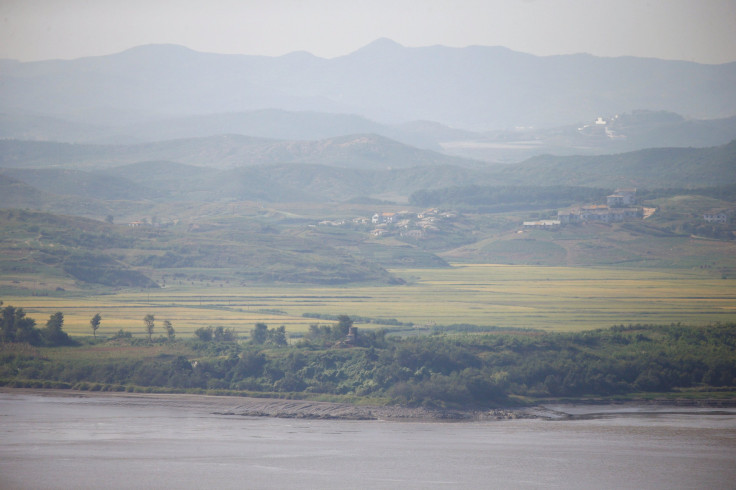North Korea Fifth Nuclear Test Live Updates: Pyongyang Confirms ‘Nuclear Warhead Explosion Test’

UPDATE: 5:55 a.m. EDT -- Germany will likely summon North Korea's ambassador after the latter conducted its fifth and biggest nuclear test Friday, Reuters reported, citing a spokesman for the German foreign ministry. Berlin condemned the nuclear test, which is seen as yet another provocative action from the reclusive nation despite calls from the international community to end its pursuit for nuclear advancement.
UPDATE: 2 a.m. EDT -- U.S. President Barack Obama warned of "serious consequences" over North Korea's latest provocative move after the reclusive country conducted a fifth nuclear test. Obama reiterated his commitment toward the security of its allies in Asia and around the world.
UPDATE 1:22 a.m. EDT -- U.S. Assistant Secretary of State Daniel Russel said Friday that Washington, along with Japan, China, Russia and South Korea, are working closely to put pressure on North Korea after a fifth nuclear test.
"The fact is, there is an accelerated pattern of very serious provocation that violates international law and threatens regional stability," Russel told reporters before meeting Japanese Foreign Minister Fumio Kishida, Reuters reported.
Meanwhile, China's Foreign Ministry said Friday that it was resolutely opposed to North Korea's latest nuclear test and strongly urged Pyongyang not to make any further provocative actions to worsen the situation.
Original story:
North Korea announced Friday that it conducted a "nuclear warhead explosion test," aimed at countering what Pyongyang calls "U.S. hostility," according to the Associated Press. South Korea suspected Pyongyang of carrying out a fifth nuclear test after after "artificial seismic waves" from a magnitude-5.3 earthquake were detected near the Punggye-ri test site.
North Korea's state TV said Friday that the test elevated the country's nuclear arsenal and it is “now capable of mounting nuclear warheads on ballistic rockets.” It also said that the test was part of Pyongyang's response to international sanctions following its fourth nuclear test and long-range rocket launch in January and February.
North Korea also said Friday that the test had no leakage of nuclear material and that there was no environmental impact.
South Korea and Japan called for emergency meetings after they believed that the tremors were caused due to a nuclear test. Previous artificial earthquakes in the same area and of the magnitude have all been due to nuclear tests. North Korea's latest move comes on the 68th anniversary of the founding of the Democratic People’s Republic of Korea by Kim Il-sung, grandfather of current leader Kim Jong Un.
Pyongyang's fourth nuclear test in January this year and a series of missile launches that followed have been condemned by the international community, with harsh sanctions imposed against the reclusive country. Previously, Pyongyang warned the Washington of more nuclear tests and missile launches if it continued its attempts to weaken the North Korean government through its policy of pressure and punishment.
South Korean President Park Geun-hye condemned Pyongyang's nuclear test, saying that it showed the country’s leader Kim Jong Un was guilty of “maniacal recklessness” in completely ignoring the world’s call for bringing an end to his nuclear tests.
Before the confirmation, Japan’s Prime Minister Shinzo Abe reportedly said that evidence pointed to the possibility that the earthquake had not occurred naturally.
“If it turns out that North Korea has carried out a nuclear test, that is something we cannot tolerate,” Abe told reporters.
Japan’s top government spokesman, Yoshihide Suga, said also said that "given similar cases in the past, we think (the earthquake) may have been a nuclear test.”
According to South Korean experts, the "test was the biggest yet" carried out by North Korea. The blast Friday measured measured 10 kilotonnes, a defense ministry spokesman in Seoul said, according to Agence France-Presse. North Korea's third nuclear test, which was carried out in February 2013, was previously considered the most powerful to date, that measured six to nine kilotonnes.
Amid growing concerns over North Korea's fifth nuclear test, the South Korean president spoke to U.S. President Barack Obama about the test, Seoul's Yonhap news agency reported.
© Copyright IBTimes 2025. All rights reserved.





















